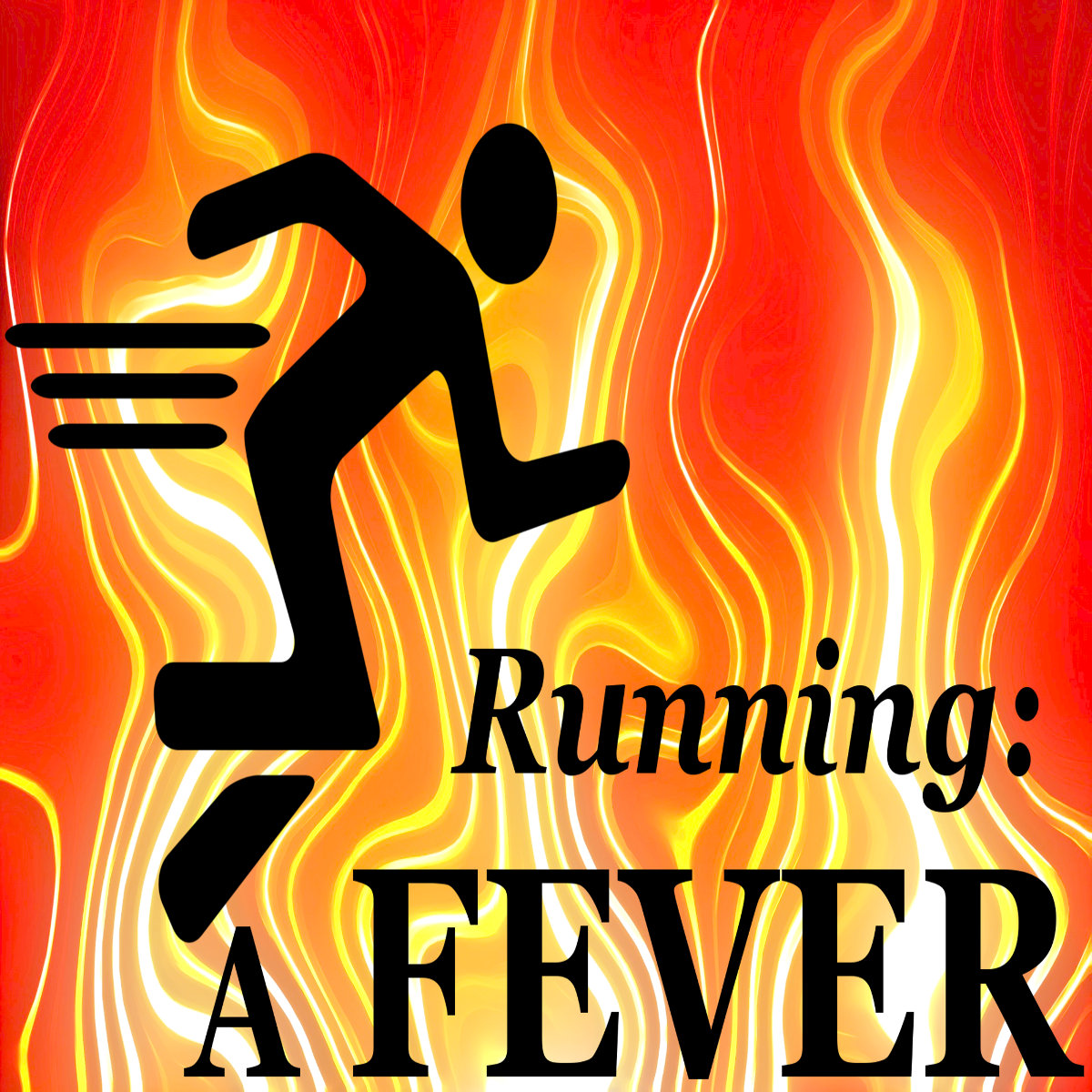This is the fourth in a series on brain chemicals. See Episode 139 “Brain Chemistry” for an overview on how these chemicals fit into our survival as a species. (http://RunningAFEVER.com/139).
To review, oxytocin is associated with love, trust, and friendship. It is triggered by physical contact, hugging, shaking hands, acts of human generosity (witnessed, received or done). But not generosity with money. Time and action are the important things here. It inhibits addiction, boosts the immune system, and takes time.
This is a neurotransmitter like the other brain chemicals we have been discussing. It is associated with social bonding, sexual reproduction, childbirth, and the period after childbirth.
Simon Sinek called it the love chemical, it has also been called the cuddle hormone. But, even playing with your dog can increase oxytocin levels, so it’s very interesting.
Oxytocin is particularly important for women. It was first recognized for its role in the birth process and in nursing. Oxytosin causes contractions, and the release of milk for breast feeding. Studies found that virgin female rats shunned baby rats, but bonded with them after giving birth.
In men, the hormone helps keep us loyal to our mates. Married men dosed with oxytocin keep more distance from other women.
A 2014 study associated oxytocin with the ability for muscles to repair themselves, an ability which decreases with age. This may be a viable alternative to hormone replacement therapy to decrease the effects of aging.
Oxytocin is available as a nasal spray, but, you know, be careful. I’m not sure there is a good reason to take it as a supplement, and if you’re a woman, you certainly don’t want to go into labor at the wrong time. I think our bodies pretty much will take care of this one on their own.
As always, I don’t present this as a list of good drugs to go take, but as a means to understand how our bodies work and to use that information to live healthier, happier, more active lives right up until the end.
Sources:
Berkeley
https://news.berkeley.edu/2014/06/10/oxytocin-helps-muscle-regeneration/
LiveScience
https://www.livescience.com/42198-what-is-oxytocin.html
Google
https://www.google.com/search?q=oxytocin&rlz=1C1SQJL_enUS815US815&oq=oxytocin&aqs=chrome..69i57j0l5.1783j0j8&sourceid=chrome&ie=UTF-8
Simon Sinek Speech
https://www.youtube.com/watch?v=lmyZMtPVodo
Simon Sinek Book
https://amzn.to/2WqCsWT
